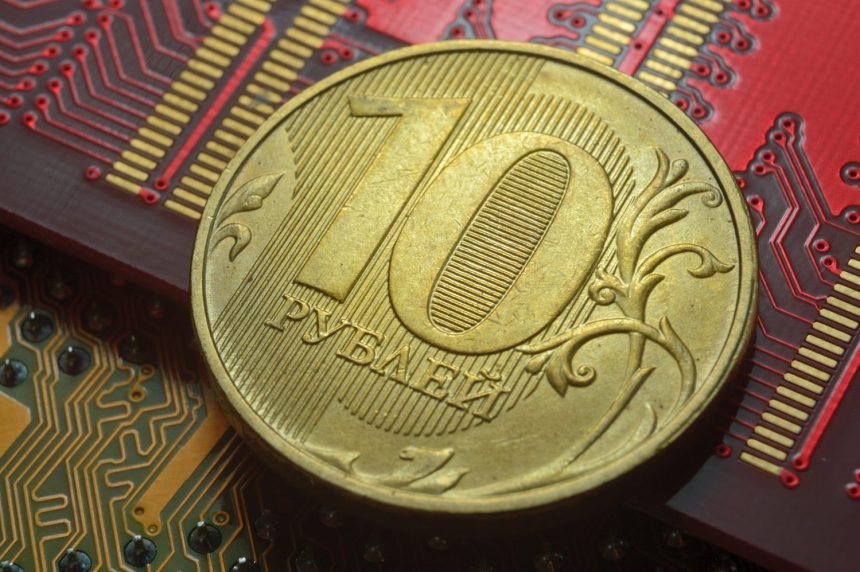One of Russia’s biggest banks says international crypto exchanges such as OKX, Bybit, and Bitstamp are “cooperating with Russian arbitration managers” in bankruptcy investigations.
Per Vedomosti, the Sberbank enforcement and bankruptcy department chief Evgeny Akimov said that the Dubai-based Bybit, Bitstamp, the Singaporean platform Bitrue, the US-based Gate.io, and OKX, “cooperate” with Russian “justice officials.”
The Sberbank executive said exchanges are “informing” Russian investigators “about clients’ crypto wallets.”
Akimov added that these exchanges were happy to “even share” wallet address data with investigators.
Sberbank said it has struggled to collect “alternative assets” such as crypto in bankruptcy cases in the past.
But Akimov explained that banks like Sberbank have now started to approach exchanges directly.
However, he did not say whether dialogs with exchanges had helped the bank recover crypto from bankrupt firms or individuals.
🇷🇺 Russian Banks ‘Fighting Back’ Against Digital Ruble – Report
Russian banks are reportedly “fighting back” against the digital ruble amid claims a CBDC launch would cost them $684 million a year.#CryptoNews #Russia #newshttps://t.co/lxWqlZxplo
— Cryptonews.com (@cryptonews) November 14, 2023
How Easily Can Russian Arbitration Managers Seize Crypto from Exchanges?
Other Russian banks, financial experts, and legal observers said a lack of crypto regulation was holding banks back.
The Sberbank rival VTB Bank noted that “more and more borrowers” now “store” their “funds as crypto.”
And this makes confiscation difficult for bailiffs “because [crypto’s] legal status is not regulated,” the bank said.
Russian bailiffs and prosecutors were both given new crypto confiscation powers earlier this year.
But many of these new powers are yet to come into effect, leaving banks powerless to act in many cases.
And crypto still has no official legal status in the country, due to a long impasse between government factions.
VTB called for new protocols “for collecting cryptocurrency,” adding that these “should be created quickly.”
Eduard Davydov, a senior partner at the Emet Law Firm said that “in practice,” some Russian bankruptcy cases have seen courts approve “the direct sale of cryptocurrencies” on crypto exchanges.
Mikhail Zhuzhalov, a senior lawyer at Tomashevskaya & Partners, claimed that it was “simple” for managers to seize crypto stored in offline cold wallets.
But he added seizing coins was “difficult” if tokens are stored in hot wallets, as this involves “third parties” like exchanges and wallet providers.
Enter your email for our Free Daily Newsletter
A quick 3min read about today’s crypto news!
Read the full article here




